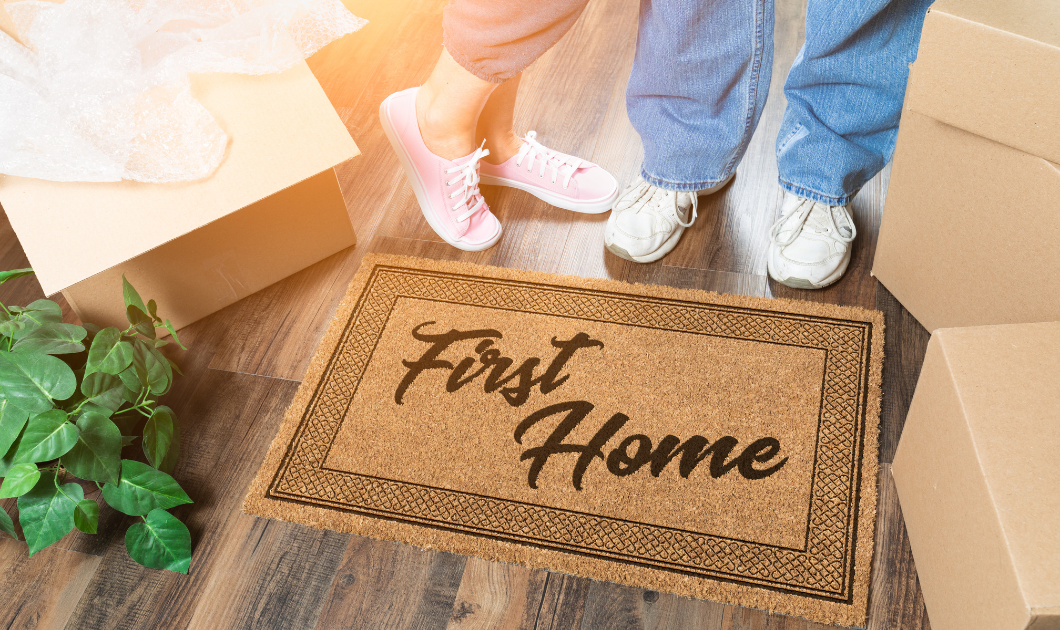
First Time Home Buying Process
Buying your first home is an exciting milestone, but it can also be a daunting process, especially in Canada’s ever-changing real estate market. To help you embark on this journey with confidence, we’ve put together a comprehensive guide on how to prepare for buying a home in Canada. From financial readiness to navigating the housing market, this post will cover essential steps for first-time home buyers.
- Establish Your Budget
The first step in preparing to buy a home is determining how much you can afford. Consider factors like your current savings, income, and monthly expenses. A common guideline is the 28/36 rule, which suggests that your housing costs should not exceed 28% of your gross monthly income, and your total debt payments should not exceed 36%. Calculators and tools available online can help you assess your budget accurately.
- Save for a Down Payment
In Canada, you typically need a down payment of at least 5% for a home purchase. However, a higher down payment (20% or more) can help you avoid mortgage insurance premiums, which can be costly. Start saving for your down payment well in advance to ensure you have enough funds when the time comes. Consider using a Tax-Free Savings Account (TFSA) or a Registered Retirement Savings Plan (RRSP) for potential down payment funds.
- Get Pre-Approved for a Mortgage
Getting pre-approved for a mortgage is a crucial step in preparing to buy a home. It not only helps you understand how much you can borrow but also makes your offer more attractive to sellers. Shop around for mortgage rates and terms from different lenders to find the best fit for your financial situation.
- Research the Housing Market
The Canadian housing market can vary significantly by region and city. Research the market in your desired location to understand trends, pricing, and the availability of properties. Keep an eye on factors like supply and demand, interest rates, and government policies that may impact the market.
- Consider Additional Costs
Beyond the down payment and mortgage payments, there are other costs associated with buying a home in Canada. These may include closing costs (e.g., legal fees, land transfer tax, and home inspection costs), property taxes, maintenance, and insurance. Be sure to budget for these expenses to avoid surprises down the road.
- Work with a Real Estate Professional
Hiring a knowledgeable real estate agent can be invaluable, especially for first-time buyers. They can provide expert guidance, help you find suitable properties, negotiate on your behalf, and navigate the complex paperwork involved in a real estate transaction.
- Attend Open Houses and View Properties
Visit open houses and schedule viewings to get a sense of what’s available in your price range. Take notes, ask questions, and bring a checklist to evaluate each property objectively. Don’t rush the process; finding the right home may take time.
- Make an Informed Offer
When you find a home you love, work with your real estate agent to make an informed offer. Consider factors like market conditions, the property’s condition, and recent comparable sales in the area. Be prepared for negotiations with the seller.
- Complete Due Diligence
Before finalizing the purchase, conduct thorough due diligence. This includes home inspections, reviewing the property’s history, and ensuring you have a clear understanding of any potential issues or renovations required.
Buying your first home in Canada is an exciting and rewarding experience. By following these steps and preparing diligently, you can navigate the real estate market with confidence and make a well-informed decision. Remember that patience, research, and financial readiness are your greatest allies in the journey to homeownership. Good luck on your path to finding your dream home!
